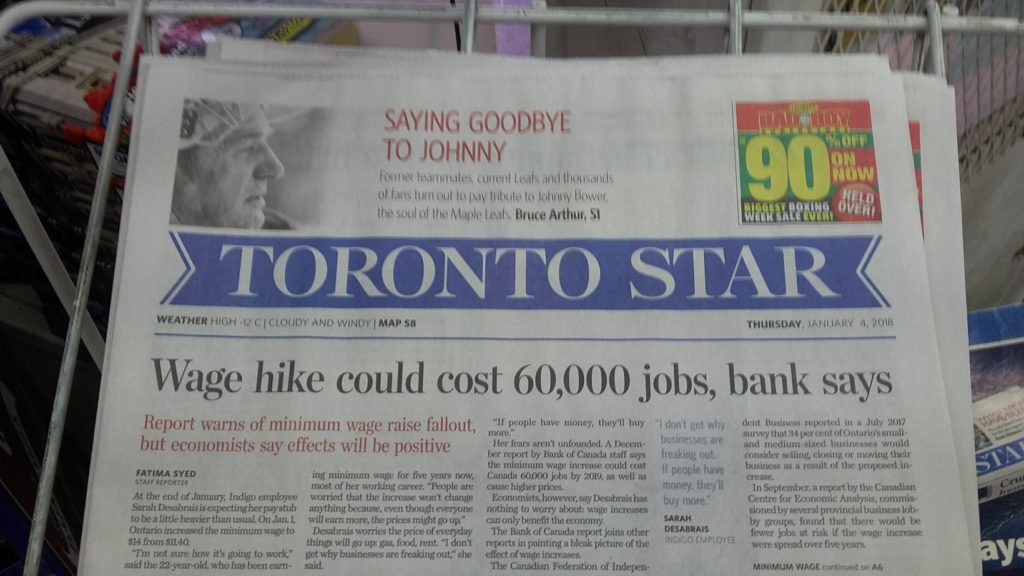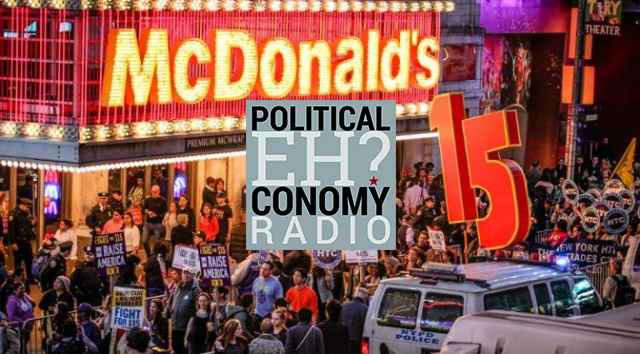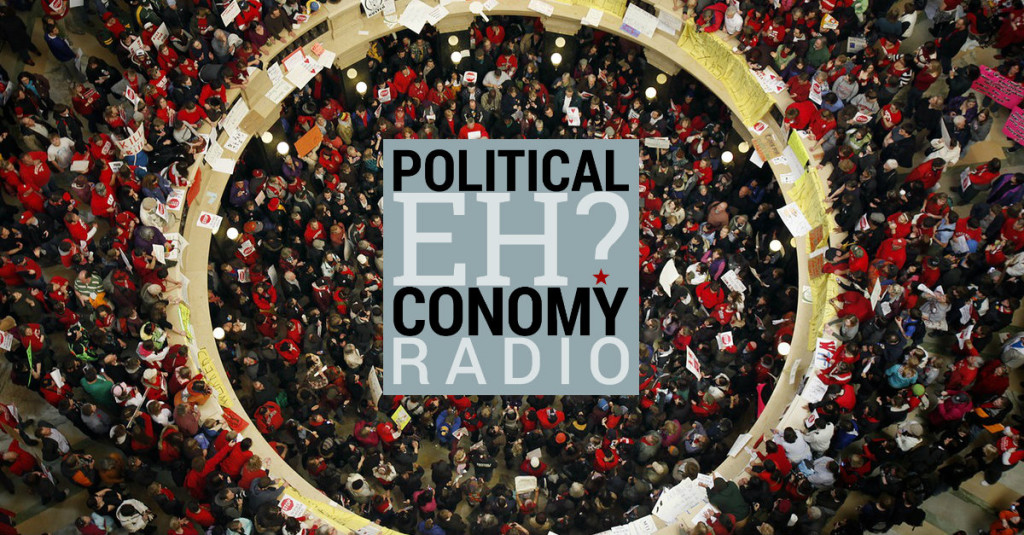Over a million workers in Ontario just got a big raise thanks to tireless, bottom-up orgainizing, but if you look to the media it’s a bad news story. The same, tired headlines are back. Yesterday, the CBC ran a story titled, “Minimum wage hikes could cost Canada’s economy 60,000 jobs by 2019”. Today, the Toronto Star’s front page blared, “Wage hike could cost 60,000 jobs, Bank of Canada says”.

Reading either of these headlines or the stories that follow, you could be forgiven for not knowing that the cited Bank of Canada research note had a positive conclusion about the effect of minimum wage increases on workers. A major claim of the Bank’s note is that, for workers, the benefits of increasing the minimum wage outweigh the costs in terms of labour income. First of all, the Bank is not predicting 60,000 pink slips but merely a slowdown in continued job growth. The 60,000 figure is a national, annual one and represents just 0.3% of total employment. Monthly job growth has at times exceeded this number.
More importantly, the Bank found that the costs of projected (remember these are still only projections) lower employment are outweighed by the benefits from higher economy-wide wage income stemming directly from the minimum wage increase. The authors write, “On net, however, real labour income should be higher following the implementation of these measures relative to otherwise. This is because the 0.7 per cent increase in the level of aggregate real wages more than offsets the 0.3 per cent decrease in total hours worked.”

